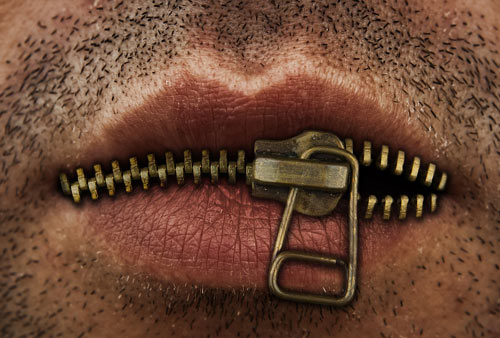
On Oct. 30, New York University, which is private,complied with New York Mayor Bill de Blasio's request to shelve a lecture by conservative firebrand Milo Yiannopoulos before a classroom of just 14 students. Without citing evidence, de Blasio said the talk and expected counterprotests endangered safety.
In September, New York Review of Books editor Ian Buruma was forced out less than a week after publishing a self-serving confessional by a Canadian journalist accused of sexual harassment. In July, a poem in the Nation magazine by a white author who used black vernacular drew furious criticism; the magazine's poetry editors apologized.
On one level, with offensive rhetoric rampant in the wider polity, it makes sense to try to curtail potentially harmful speech in more-controlled forums. For African Americans, immigrants, women, Jews, LGBTQ individuals, Muslim Americans and others in groups with searing histories of persecution, hateful speech can be intimidating and traumatic, not to mention portending actual violence. The First Amendment bars the government from restricting speech based on viewpoint, but private entities are free to do so; editors, university administrators and even politicians understandably seek to shelter readers, audiences and constituents from an increasingly vitriolic society.
As the United States careens toward greater incivility, there is good reason to bolster respectfulness and stand up against bigotry in settings under one's influence. Institutions that are attuned to diverse perspectives as they joke, publish or teach are a necessary catalyst of a more inclusive and equal society.
Yet there are risks involved when this protective instinct leads to policing ideological boundaries, excommunicating deviators and narrowing limits on permissible speech. As we enter the 2020 election cycle, openand robust policy debate in liberal circles is essential, though it might touch on raw wounds inflicted by the present political moment.
An essential part of what liberals are fighting against is the unreasoned campaign to delegitimize dissent. Yet when the pushback entails the reflexive, categorical rejection of certain views, it can mimic the very mindlessness it abhors.
As with overzealous law enforcement, intense patrolling of speech can prompt overcautiousness, chilling the legitimate exchange of ideas. Topics such as affirmative action, rape culture, immigration restrictions, Israel policy, gender differences and Islamic thought can become too hot to touch.
By telling ourselves we cannot abide the airing of certain ideas, much less respond to them, we forfeit the chance to hone the most persuasive counterarguments through trial and error. Politicians, university presidents and magazine editors play dual roles. They propound values that guide their leadership, but must also foster diverse and robust exchange. Faithfully carrying out the latter should not be construed as a betrayal of the former.
Certain speech protected by the First Amendment - including blatantly racist tropes, slurs and supremacist fanaticism - is so imbued with bigotry and lacking in intellectual value, no one seriously argues that it deserves a public hearing. But the boundary frequently isn't obvious, and a series of factors can help determine whether controversial or even offensive speech is simply part of the fray or out of bounds.
In making this determination, consider the setting: A university committed to freedom of thought is different from a magazine with a long-standing philosophical outlook. Audience matters too: Inviting a hypernationalist to address a roomful of political theorists isn't the same as booking a demagogue to speak in a campus stadium. Billing makes a difference: Headlining a festival is different from participating in a debate.
And not all speakers are created equal - a gadfly known exclusively for incendiary provocations is different from a scholar who uses reason and evidence to support controversial conclusions.
We should avoid trying to divine a single uniform demarcation for tolerable speech and be leery of decreeing that those who feel ready and willing to engage even dangerous ideas must stand down because others are disinclined. We need people who can dismantle nefarious argument from behind a podium or in an op-ed as well as those who will protest loudly against it in the streets.
A few basic principles for grappling with offensive speech within institutions can help mitigate its most severe harms without resorting to bans and punishments. For one thing, heightened conscientiousness about the power of words and the perspectives of diverse populations can help avoid unwitting offense and unseen tripwires.
Research and consultation before inviting a hot-button speaker or publishing a provocative piece can lay groundwork for controversial ideas to be introduced without a chastening backlash.
If something still goes awry, try this simple remedy: forgiveness. Those who express genuine regret for the offense caused after innocently saying the wrong thing - or reaching a well-intentioned conclusion that doesn't land well - deserve a second chance.
Giving them one allows the focus to stay where it belongs, on the truly belligerent, and encourages the scrupulous not to self-censor for fear of a blunder.
Yes, speech can be dangerous. But so is enforced silence.
(COMMENT, BELOW)
Nossel is the chief executive of PEN America.


 Contact The Editor
Contact The Editor
 Articles By This Author
Articles By This Author